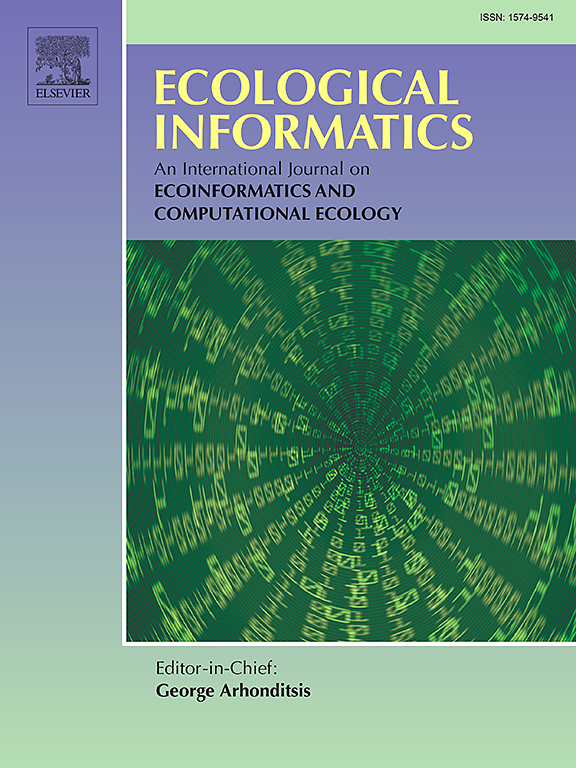中国公众碳中和关注的时空异质性及话题演变趋势
IF 5.8
2区 环境科学与生态学
Q1 ECOLOGY
引用次数: 0
摘要
本研究考察了“双碳”目标下公众对碳中和关注的时空演变和区域差异,以期为更有效的政策设计提供信息。与传统的单一维度方法不同,本文引入了一个跨学科的分析框架——时空测量、情感分析和话题演变——以11.9万篇新浪微博(2018-2023)为基础,捕捉中国关于碳中和的公共话语的动态变化。研究主要贡献如下:(1)运用Dagum基尼系数分解和核密度估计方法识别了区域关注格局,揭示了中部地区关注度高,西部地区关注度低,区域内“多极化”现象明显;(2)建立了CNN-BiLSTM-Attention情绪分类模型,发现“低碳生活”等话题的情绪极性与政策发布频率密切相关;(3)采用VSTC聚类模型考察主题演变,确定了个人环境行为、绿色经济、全球治理和可持续发展四个主要主题轨迹。这些反映了从微观层面的个人行动到宏观层面的政策和工业实践的进展。总体而言,本研究为优化中国碳中和政策提供了坚实的定量依据。本文章由计算机程序翻译,如有差异,请以英文原文为准。
Spatio-temporal heterogeneity and topic evolution trends of public carbon neutrality attention in China
This study examines the spatiotemporal evolution and regional disparities in public attention to carbon neutrality under the ”dual carbo” goals to inform more effective policy design. Departing from traditional single-dimensional approaches, it introduces an interdisciplinary analytical framework – spatiotemporal measurement, sentiment analysis, and topic evolution – to capture dynamic shifts in public discourse on carbon neutrality in China, based on 119,000 Sina Weibo posts (2018–2023). The study makes the following key contributions: (1) It applies Dagum Gini coefficient decomposition and kernel density estimation to identify regional attention patterns, revealing higher attention in central regions, lower levels in the west, and evident ”multi-polarization” within regions; (2) It develops a CNN-BiLSTM-Attention model for sentiment classification, demonstrating that the emotional polarity of topics such as ”low-carbon lifestyle” closely aligns with policy promulgation frequency; (3) It employs the VSTC clustering model to examine topic evolution, identifying four major thematic trajectories: individual environmental behavior, green economy, global governance, and sustainable development. These reflect a progression from micro-level personal actions to macro-level policies and industrial practices. Overall, this study provides a solid quantitative basis for optimizing carbon neutrality policies in China.
求助全文
通过发布文献求助,成功后即可免费获取论文全文。
去求助
来源期刊

Ecological Informatics
环境科学-生态学
CiteScore
8.30
自引率
11.80%
发文量
346
审稿时长
46 days
期刊介绍:
The journal Ecological Informatics is devoted to the publication of high quality, peer-reviewed articles on all aspects of computational ecology, data science and biogeography. The scope of the journal takes into account the data-intensive nature of ecology, the growing capacity of information technology to access, harness and leverage complex data as well as the critical need for informing sustainable management in view of global environmental and climate change.
The nature of the journal is interdisciplinary at the crossover between ecology and informatics. It focuses on novel concepts and techniques for image- and genome-based monitoring and interpretation, sensor- and multimedia-based data acquisition, internet-based data archiving and sharing, data assimilation, modelling and prediction of ecological data.
 求助内容:
求助内容: 应助结果提醒方式:
应助结果提醒方式:


